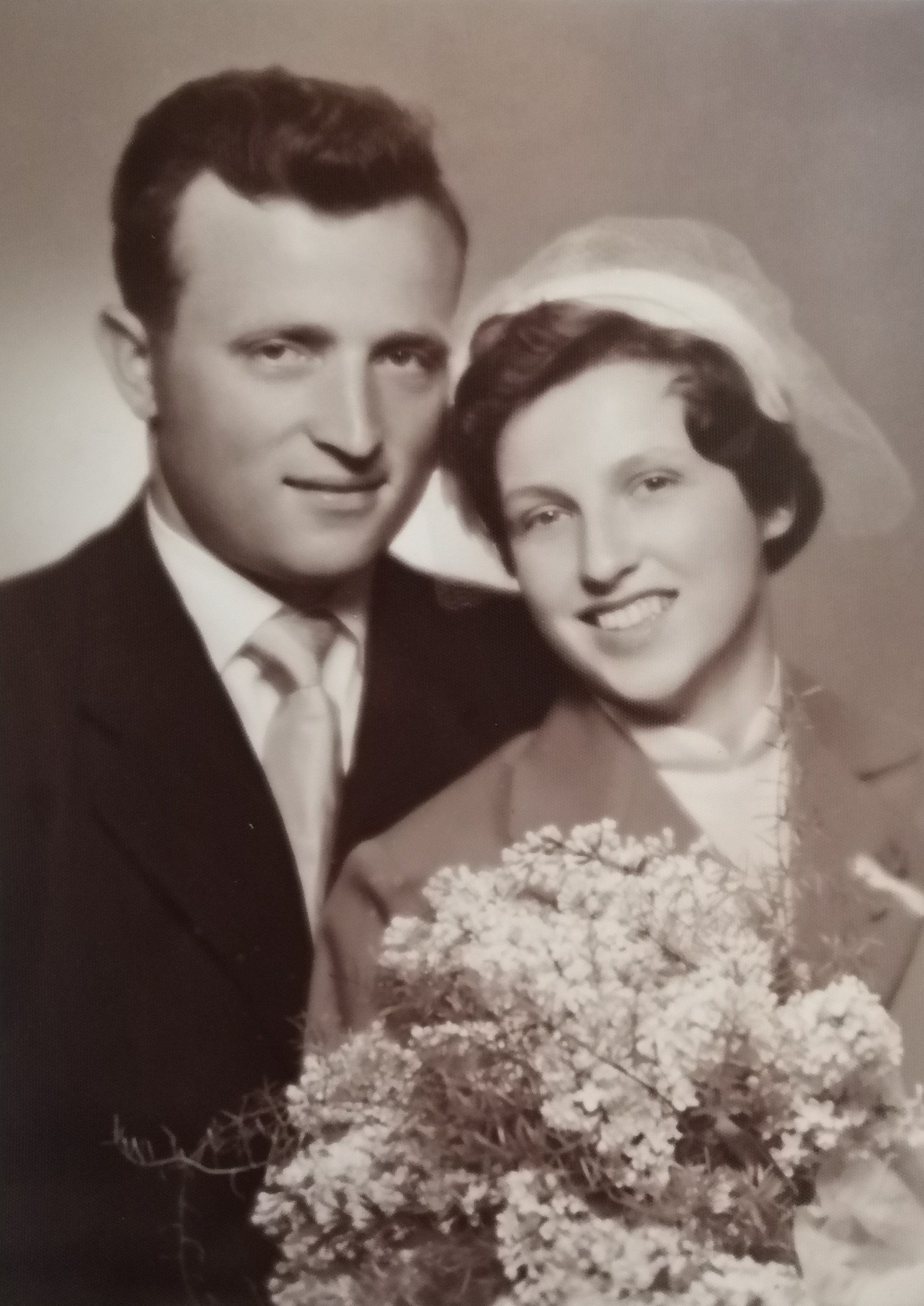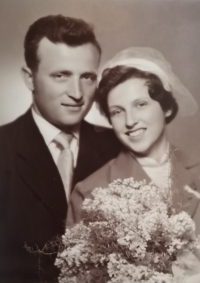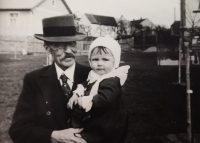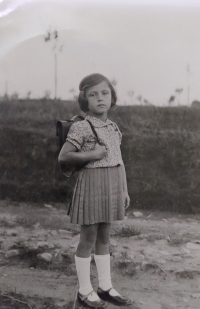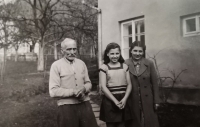"I was excited, of course, because I'd still had that feeling all these years that..... of course I've seen all the mischief that's been going on and so on, but the feeling that I'm actually participating in it. I know, I'm also a member of the whole organization that's actually causing this. It wasn't really, it wasn't good. Well, and finally they were saying, well, now it's going to be different, well, we welcomed it a lot of people, well, and even at the time... We had a headmistress at the school who was really a furious communist. She was the kind of person who would walk around the woods with her son, who was about seven years old, and they would sing revolutionary songs. And it was really like... She was a... She didn't have a good character, she pushed things even she lied, even though the thing itself was good. And this one, I'm going to skip a little bit now, this headmistress in August, late August of '68, when we were starting school, she started the meeting by saying, `Although we're in a rather strange situation, we're going to start with schedules and so forth.' Other than that, not a word about... And moreover, some colleagues said they recognized her by her voice on TV, at that time, well, you can't remember... It was TV then... the official one, which was pro-Russian, and there was only sound, there was no picture. And besides, as you probably already know, on Cukrák transmitter, before they liquidated it, our really decent television was working, and some of our colleagues recognized this boss of ours just in that pro-Russian television, that she was talking. But that was after the Moscow agreements were signed. When the state of affairs had settled down, that this was the way it was going to be, we organised a vote of confidence in the headmistress at that time, but we could not say that it was because she was talking on television, but because of her character. And we put the ballots in, it was absolutely secret and there was an alternative in that vote: I can trust comrade Růžičková as a headmistress and I can't. The ballots came back, it was absolutely secret, it was really like we didn't know anything, where one single vote was, that we can trust her. We didn't know like who, but it doesn´t matter. So... comrade Růžičková left, and then we found out later, but I only know this as hearsay, that she went to the Soviet embassy to ask for asylum because her life was in danger. And this comrade Růžičková, of course, proceeded very quickly in her career afterwards and became... I don't remember now exactly what it was called, the chairwoman of the ÚVOS. That was the teachers' trade union, and she was there as the highest ranking member. And we think that she was then the instigator of the fact that the excluded people were fired, so that they just had to leave their jobs. I kind of skipped forward... So... Yeah, and then of course the absolutely horrible attacks on us from the district committee of the communist party started coming. You must apologize, comrade Růžičková, you must... And they literally yelled at us, yeah. And now it was like... We still persisted, still, it took about half a year. And then finally, when it looked like we were all going to be fired right away, we... we formulated an apology again, which was basically an insult. The apology was: We apologize for overestimating comrade Růžičková's character flaws and underestimating her political views. Well, then we were fired anyway, weren't we."
